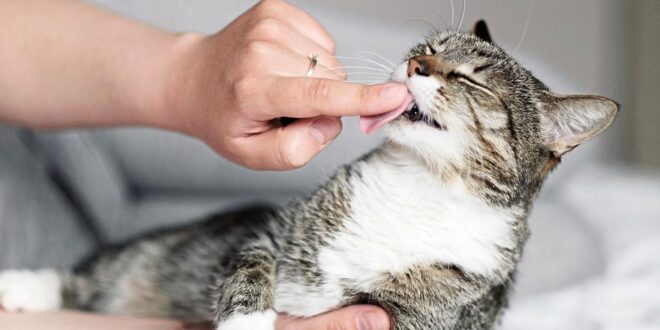PETALING JAYA: The current heatwave should be a cause for concern among pet owners, especially when transporting animals without proper ventilation, as pets can suffer from heatstroke or even die.Veterinarian Dr Manikam Kumarasamy said there is a lack of awareness among pet owners about the dangers of being under the scorching sun. Owners must be vigilant when moving their pets to clinics or on outings, he added.
Signs of heatstroke in dogs include heavy panting, rapid breathing, excessive drooling, dry mucous membranes, bright red gums and tongue, skin that’s hot to the touch and a higher heart rate.
He said affected dogs may become hyperactive, struggle with balance, become lethargic and may lose control of their bladder or bowels before collapsing or falling into a coma.
“Heatstroke in dogs is a life-threatening condition, resulting in serious secondary complications such as disseminated intravascular coagulopathy, acute kidney injury and acute respiratory distress syndrome as well as a high mortality rate, despite appropriate treatment.
“Early admission and cooling treatment along with whole body by the owners and caregivers are important for survival,” said Dr Manikam, who added that the situation where pets are left under the sun for too long is akin to “forgotten baby syndrome”, when a child is left behind in the car and dies.
Another issue affecting pets is “high-rise syndrome”, where pets suffer injuries from accidental falls.
He said many cat owners believe their cats will not fall or if they do, the animal will always manage to land safely, which is untrue – as even a cat can sustain injuries such as broken bones, punctured lungs or even a ruptured bladder.
“This is why we must always ensure windows are properly locked and gaps in balconies are sealed, as well as neutering pets to prevent them from seeking mates,” he added.
Veterinarian surgeon Dr Priyani Henson of the Selangor SPCA said both dogs and cats can carry various diseases, some of which can be passed to humans.
“Cat scratch disease is a bacterial infection in humans which causes swollen and tender lymph nodes, fever, headaches and tiredness.
“Rabies, on the other hand, is a preventable viral disease of mammals usually transmitted through the bite of an infected animal.
“Ticks can carry diseases that affect both pets and humans. Use tick prevention products and remove ticks safely,” she said.
Pets are also vectors for toxocariasis, an illness caused by roundworms found in dog and cat intestines.
The eggs of this roundworm can be accidentally passed to humans when they come into contact with contaminated soil.
On leptospirosis, Dr Priyani pointed out some of the common clinical signs reported in dogs include fever, vomiting, abdominal pain, diarrhoea, refusal to eat, severe weakness, depression, stiffness, or severe muscle pain, which if untreated could lead to death.
“Pet owners should ensure their pets receive their routine vaccinations, deworming, parasite control and neutering, even for indoor pets.
“Vaccination prevents many illnesses and avoids costly treatments for preventable diseases that can be transmitted between animals and from animals to humans,” she said.
 BeritaKini.biz Berita Viral Terkini di Malaysia
BeritaKini.biz Berita Viral Terkini di Malaysia





